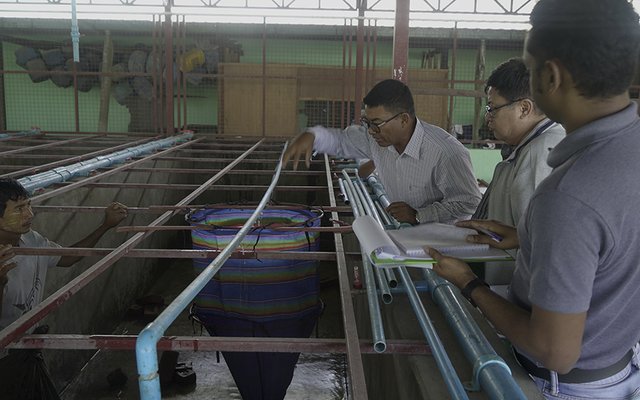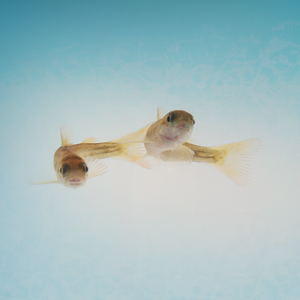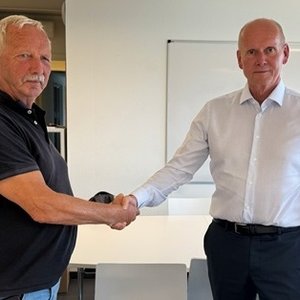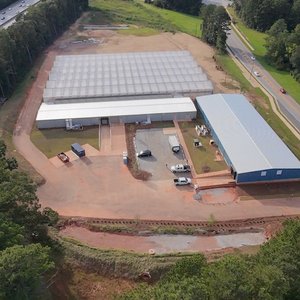Xelect partnered with Fresh Studio, with funding from animal feed supplier De Heus and the Dutch government, to boost food security in Myanmar through Powering Aquaculture Progress project, a five-year initiative to modernize the local aquaculture industry. Fresh Studio and Xelect are collaborating on the development of two flagship hatcheries and an applied R&D farm. These will act as the basis for a modern, centralized breeding program that will supply high-quality broodstock for seed production at hatcheries throughout the country.
Xelect is currently working with Fresh Studio to develop the genetic tools required to kickstart a centralized program for rohu carp (Labeo rohita), a very popular regional fish that has been largely neglected in genetic terms. With a dedicated breeding program, the project could develop a sustainable supply of fish that are ideally suited to local conditions, benefiting from faster growth and increased disease resistance.
Fresh Studio’s country manager for Myanmar, Floortje Jacobs, said that “since 2019, Powering Aquaculture Progress is one of the largest projects with foreign direct investment in Myanmar, and is set to make improvements along with all steps of the aquaculture supply chain. While improved technologies and knowledge for farmers are the main focus, we soon realized that we will not reach productivity improvements if we don’t analyze and work on the genetic quality of the fish as well. Luckily, Xelect could help us with this.”
Xelect’s breeding program manager, Lidia de los Rios Perez, added that “the initial phase of the project consists of the development of a genetics tool kit that will allow us to analyze the existing populations. In the second phase, we will evaluate the genetic diversity and inbreeding levels of the available stocks and identify a suitable founding population for use in future breeding and genetic improvement program. Xelect team are proud to be collaborating on this significant project which will improve food security for the region.”












